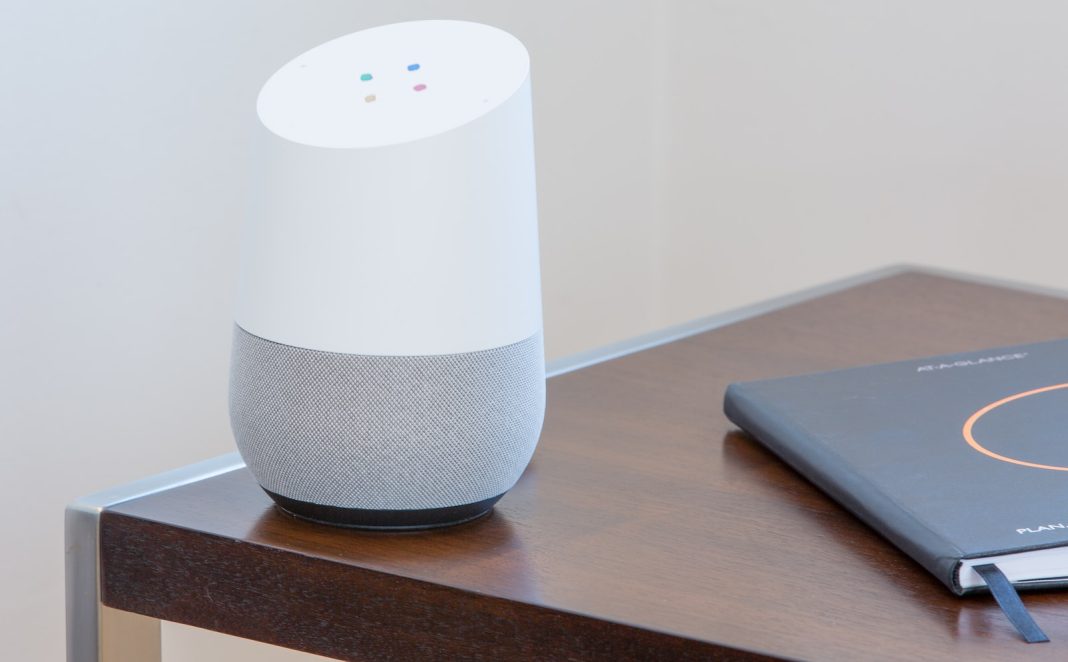In its ongoing quest to streamline and enhance user experiences, Google has recently announced a slew of feature removals from its ubiquitous voice assistant, Google Assistant. The tech giant claims it’s weeding out “underutilized features” to optimize the user experience, but critics argue that what might be underused for some could be a daily necessity for others.
This announcement follows a trend at Google, known for its fast-paced product introductions and subsequent discontinuations. Notable casualties include Google Reader, Google Podcasts, and Google Hangouts, creating a digital graveyard that’s expanded steadily over the years.
The news of feature removals is accompanied by a subtle support page titled “Changes we’re making to Google Assistant.” While Google asserts these changes are aimed at improving the overall Assistant experience, users are left wondering if the removal of features, no matter how niche, will genuinely enhance their interaction with the service.
The timing of this announcement is particularly interesting, as it aligns with recent reports of layoffs within the company. Hundreds of employees, including some working on the Assistant, have faced the axe. This downsizing strategy, combined with the feature removals, raises questions about the future direction of Google’s digital assistant technology.
So, what features are on the chopping block?
1. Audiobook Control on Google Play Books: Users will no longer be able to play and control audiobooks using their voice on Google Assistant. Casting from mobile devices remains an alternative.
2. Media Alarms and Music/Radio Alarms: Setting or using media alarms, music alarms, or radio alarms on Assistant-enabled devices is getting the boot. Custom Routines or standard alarms are suggested as replacements.
3. Cookbook Management: Functions related to cookbook management, recipe transfers, and instructional recipe videos are set to disappear. Google suggests using Assistant to search for recipes online instead.
4. Stopwatch on Smart Displays and Speakers: Smart Displays and Speakers will lose the stopwatch feature, but timers and alarms will still be available.
5. Voice Commands for Family Group Communication: Calling a device or broadcasting a message to your Google Family Group through voice commands is no longer supported. Broadcasting to devices within your home remains intact.
6. Voice Messages and Emails: Sending emails, video, or audio messages with your voice will be history. However, calls and text messages will still be possible.
7. Event Rescheduling in Google Calendar: Voice-based rescheduling of events in Google Calendar will no longer be supported. Creating a new event with voice commands is still an option.
8. App Launcher in Google Assistant Driving Mode: The App Launcher in Google Assistant driving mode on Google Maps, enabling voice control for various tasks, is being phased out. Voice control on Google Maps will still function as usual.
9. Family Bell Announcements: Requests to schedule or hear previously scheduled Family Bell announcements via voice command will no longer work. Custom Routines are suggested as a substitute.
10. Calm Meditation with Voice Commands: Voice commands for meditation with the Calm app will cease to exist. Users are encouraged to explore meditation options from other providers.
11. Fitbit Voice Control: Fitbit Sense and Versa 3 devices will lose voice control for activities. Physical buttons on the device will become the primary means for starting, stopping, pausing, and resuming activities. Pixel Watches will continue to support voice control.
12. Sleep Summaries Exclusively on Google Smart Displays: Viewing sleep summaries will now be exclusive to Google Smart Displays. Voice queries for sleep details on third-party smart clocks remain unaffected.
13. Caller ID for Speaker and Smart Display Calls: Calls made from speakers and Smart Displays will no longer display a caller ID unless using Duo.
14. Ambient “Commute to Work” Time Estimates on Smart Displays: Checking ambient “Commute to Work” time estimates on Smart Displays will be discontinued. Users can still ask for commute times and directions by voice.
15. Voice-Activated Personal Travel Itinerary Checks: Voice queries for personal travel itineraries are being retired. However, flight status inquiries through voice commands will still be possible.
16. Contact Information Queries: Asking for information about your contacts will no longer be supported. Making calls to your contacts remains unaffected.
17. Voice-Activated Actions (Payments, Reservations, Social Media Posts): Taking specific actions by voice, such as sending payments, making reservations, or posting on social media, will no longer be possible. Users are advised to open installed apps through Assistant.
While Google insists that these changes will lead to a better Assistant experience, users who have grown accustomed to these features may find the transition challenging. The removal of such a significant number of features raises concerns about the evolving landscape of Google Assistant and the potential impact on user satisfaction. As users brace themselves for the imminent disappearance of these functionalities, only time will reveal whether Google’s pruning will indeed lead to a more refined and efficient digital assistant or leave users mourning the loss of once-utilized features.


